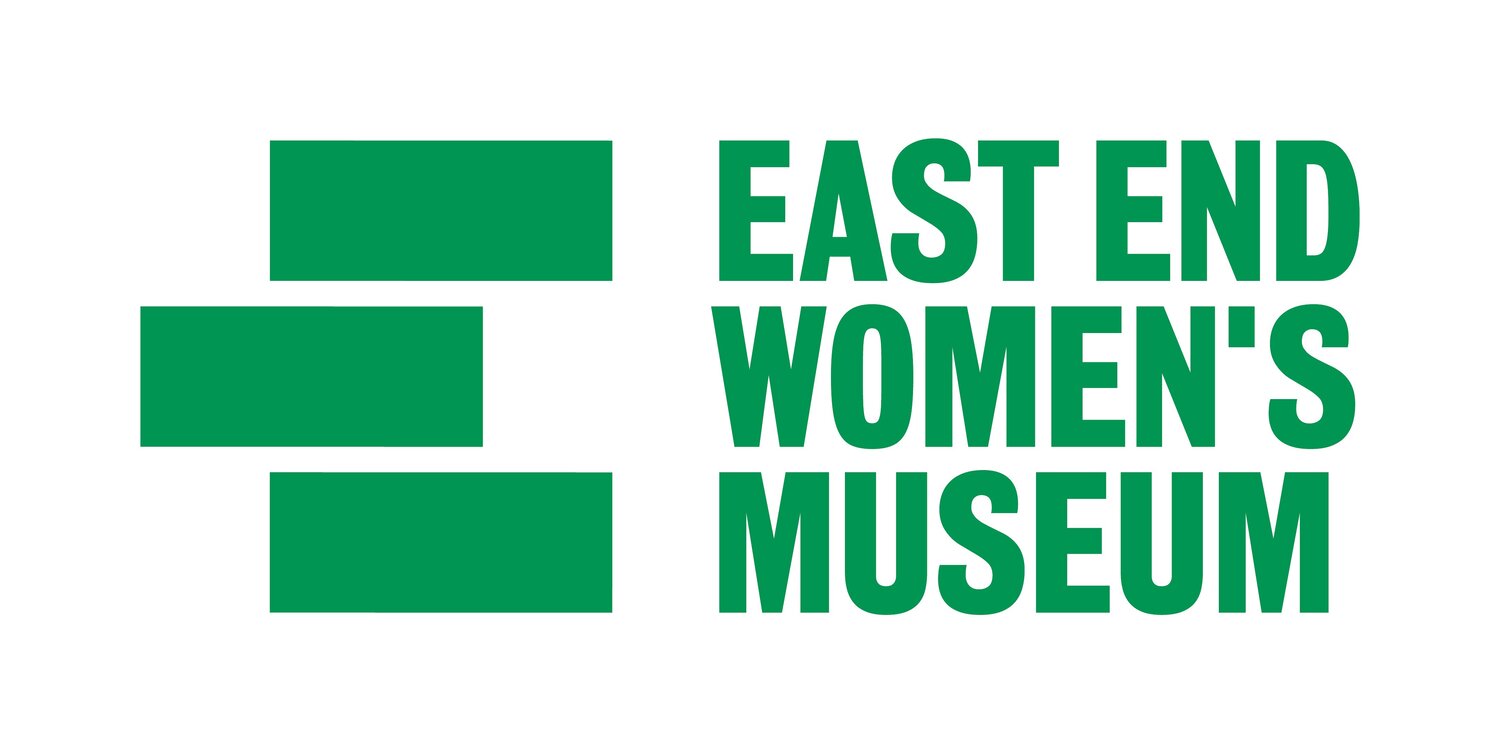Jessie Payne and her husband Jim cared for Sylvia Pankhurst at their home at 28 Ford Road when she was recovering from being force fed in prison.
Like many east London families the Paynes lived and worked in their two rooms, making shoes and boots. [Update: see comments below]
The Paynes had a daughter with a learning disability, but she had died when she was young. Sylvia described the couple as “the kindest of kind people”.
“We come from the East End and we have the voice of the people”
Jessie Payne was one of the members of the East London Federation of the Suffragettes who met Prime Minister Asquith in 1914. She told him about her daughter and the unequal rights of male and female parents:
Once when my girl was taken bad she went into the Poplar Workhouse, because I thought I was compelled to let her go.
When I got there the next morning they had placed her in a padded room, and I asked the doctor why she was there. He told me I had no voice, I was not to ask why or wherefore, only the father had the right…
If my girl had not had a good father to look after her, the same as her mother, I could not have got her out of the workhouse… I think we ought to have a voice in the different laws for women...
We come from the East End and we have the voice of the people, they want us to ask you to give the vote for every woman over 21.
Jessie Payne also played an important role in the suffragettes' war relief work, launching the drive to distribute milk to families with starving infants.
Sources
- The Home Front, Sylvia Pankhurst
- The Suffragette Movement, Sylvia Pankhurst
- Voices from History: East London Suffragettes, Sarah Jackson and Rosemary Taylor
- Letters of Gold, Rosemary Taylor


